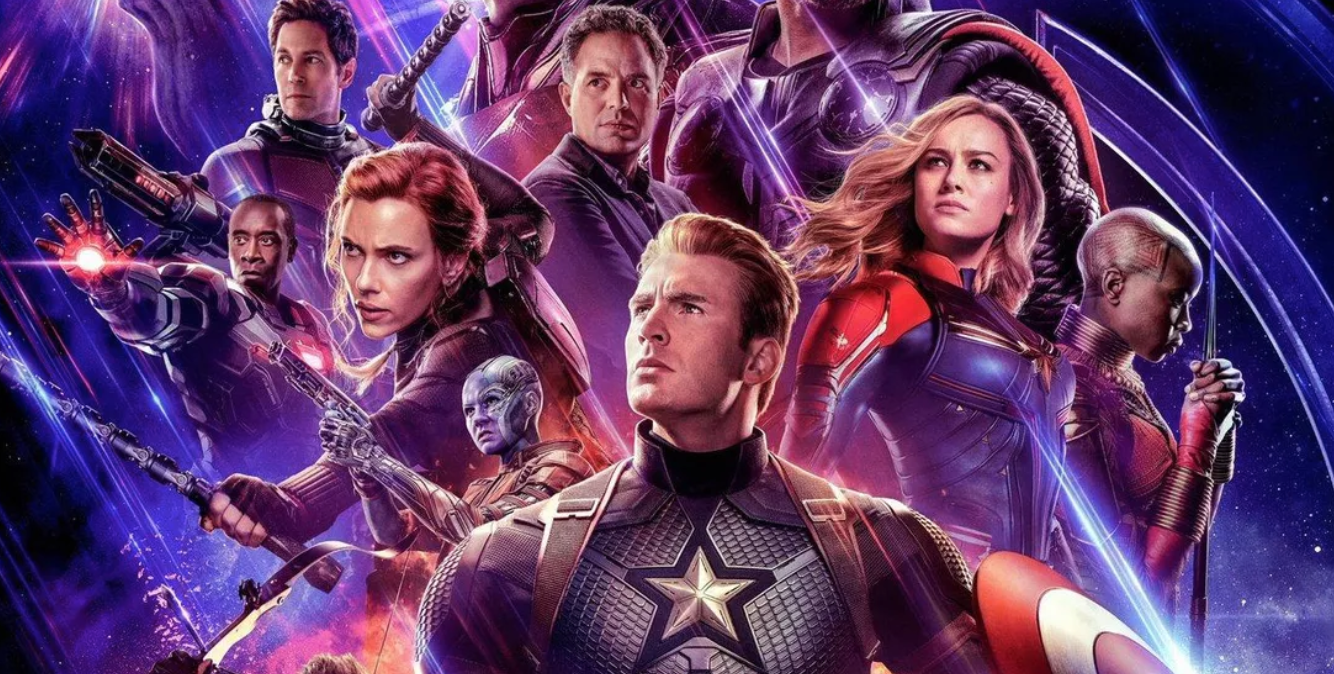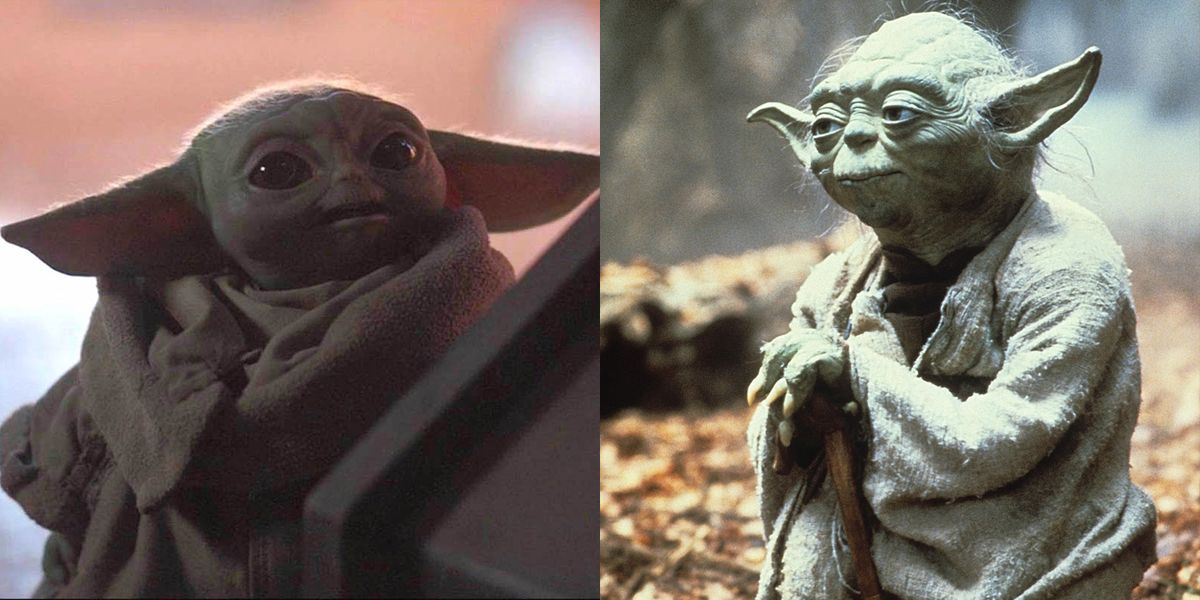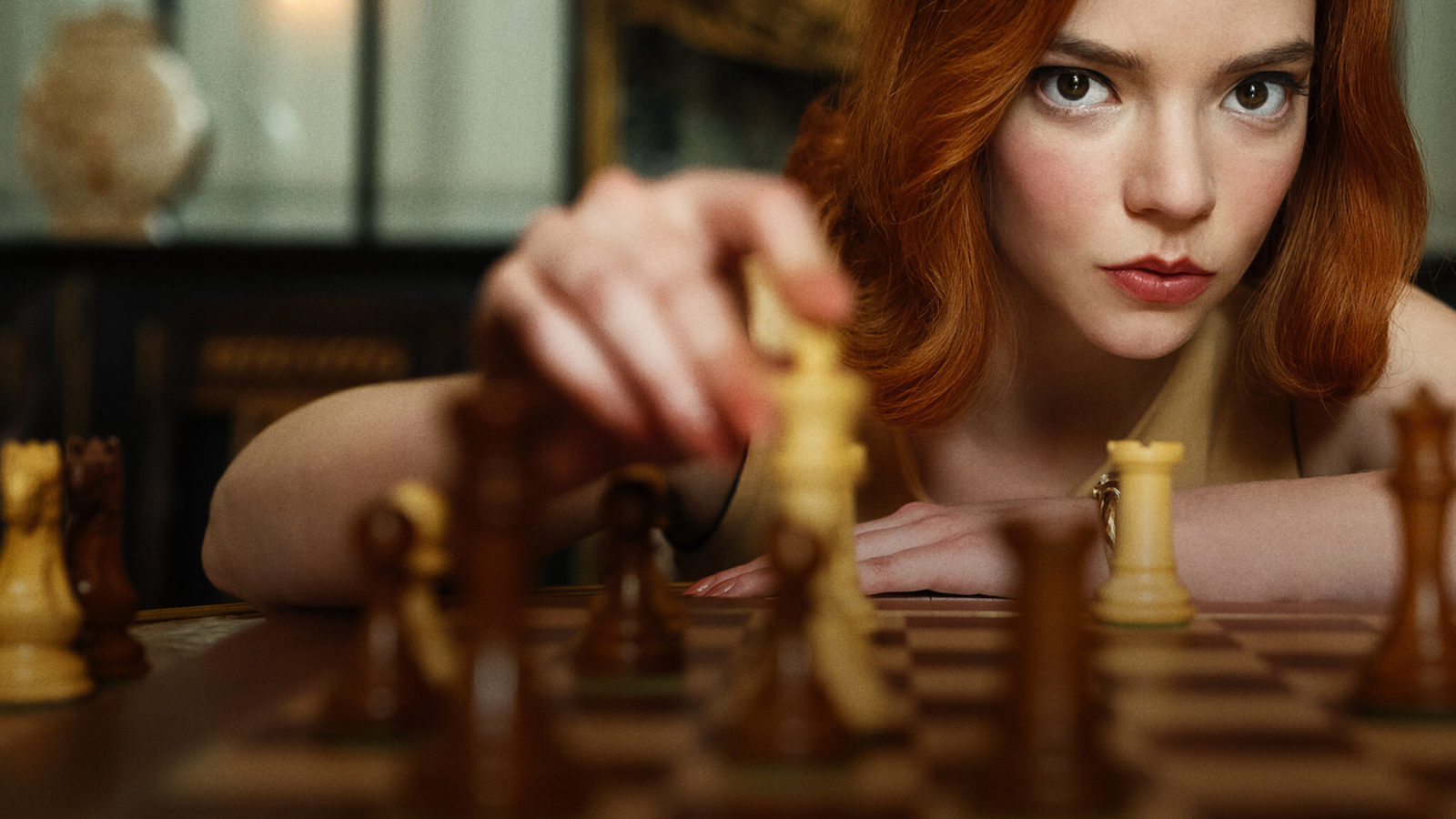Have You Noticed An Increase In Sequels? Hollywood Has Stopped Making New Stories – Here’s Why
Earlier this week, Disney’s Investor Day provided a sneak-peak of the content we can expect to be created and released in the coming year. Here’s a hint: it’s nothing new.
The upcoming slate of movies includes sequels, reboots, and adaptations of existing intellectual property. What’s missing are fresh ideas, original characters, and unseen universes.
I’m not mad about it – I love a good Disney movie, and I truly cannot wait to see the Toy Story spin-off Lightyear (the origin story of our beloved Buzz Lightyear, voiced by Chris Evans). I just miss the thrill of meeting unknown characters, exploring new worlds, and dissecting novel storylines. Sequels will never outshine the stories they were based upon. (Does anyone even remember what Monsters University was about?)
That being said, this all makes sense. It’s a money thing.
Here are the 4 reasons Hollywood is straying away from stories-from-scratch:
1. The franchise formula is a guaranteed money-maker.

People are more likely to pay to see “intellectual property” they’re already familiar with. Particularly in this new era of subscription-based services like Disney+, companies are capitalizing on their previous victories.
Disney pioneered this idea, seeing blockbuster success from sequels ever since Toy Story 2’s release in 1999.
Other companies have followed suit, with Warner Bros owning the rights to Harry Potter, The Hobbit, Lego movies, and DC Comics, and Universal owning the Fast and the Furious franchise and Jurassic World. Companies that have failed to keep up with the franchise trend, such as Sony and Paramount, are paying the price.
2. Brands are the new movie stars

Audiences used to swear loyalty to their favorite stars, but that isn’t the case today. Today, audiences are far more likely to direct their loyalty to brands and franchises, a more predictable object of affection with greater longevity as well.
Brands contribute to our sense of identity. They encompass values, and we present these values to the world when we buy into them. They extend across generations, simultaneously representing modernity and nostalgia.
Exemplifying the tradition of the franchise: Star Wars, quite literally a cult classic. Fans don’t worship, wear, and write about the actors (that are seemingly interchangeable throughout the franchise). It’s the characters and universe that make this brand so marketable.
Not too long ago, movies that featured big name stars were almost guaranteed hits…but, we all remember “Cats,” right? People today are more drawn to stories and concepts than the individuals carrying them out, and Hollywood is playing to that.
3. Hollywood isn’t just making movies for Americans anymore

The US used to make up the largest cinema market, but Hollywood audiences come from all over the world these days. In fact, China just recently overtook the US as the world’s greatest film market.
Storylines that historically have done well for Hollywood, such as comedies and dramas, usually draw from American culture. Movies like Mean Girls, a parody of the American high school experience, don’t get as many laughs when you can’t relate.
What does translate, no matter where you’re from, are special effects and eye-candy spectacles. TakeWarcraft, for example: a 2016 video game adaptation that bombed in America but became the highest-grossing Hollywood film in China.
What movies can score the largest budgets for special effects and out-of-this-world scenery? Those that are based on an already successful world concept: franchises.
4. We are currently living in the “Golden Age of Television”

While TV used to be considered a platform of lesser prestige than cinema, today’s television series trump the sophistication of their film counterparts. Hollywood’s biggest names are jumping into our living rooms to appear on smaller screens, shining brightly in limited and long-running series alike.
The Sopranos, Breaking Bad, and Game of Thrones set the tone for cinematography-quality TV, in recent years causing series to be taken almost more seriously than Hollywood productions.
Nicole Kidman and Reese Witherspoon have reaped massive success from turning to Big Little Lies, Little Fires Everywhere, and The Undoing. Anya Taylor-Joy may have gotten her big break from Emma (yet another book adaptation), but she has become a household name after playing the lead in the Netflix limited series The Queen’s Gambit.
Perhaps a byproduct of audience’s loyalty to brands over stars these days, high profile actors are finding that they are no longer the center of the Hollywood universe. That, and TV series give actors, directors, and writers access to greater creative freedom, as well as higher paying checks for longer run-time.

Financial incentive for the franchise model is completely transforming the content that we are used to seeing on the big screen.
The world of Hollywood cinematography as we know it is changing…but don’t expect the content to look any different than it does today.
Sequels and prequels are the hot new thing, whether we like it or not.



